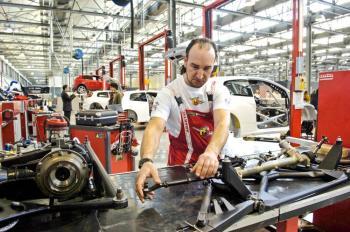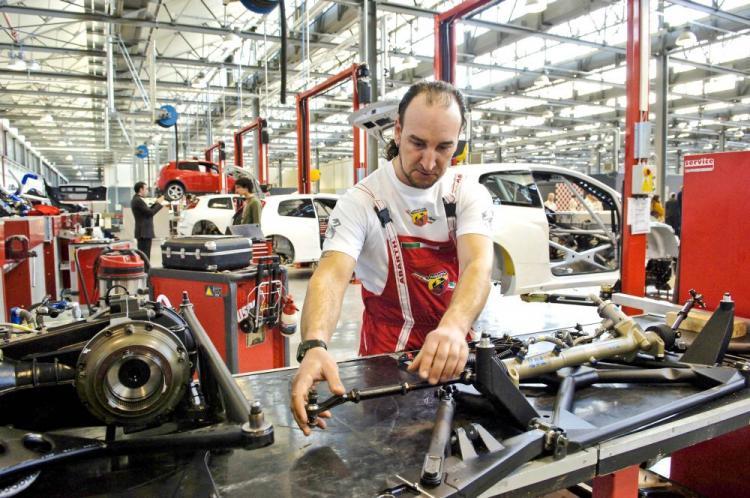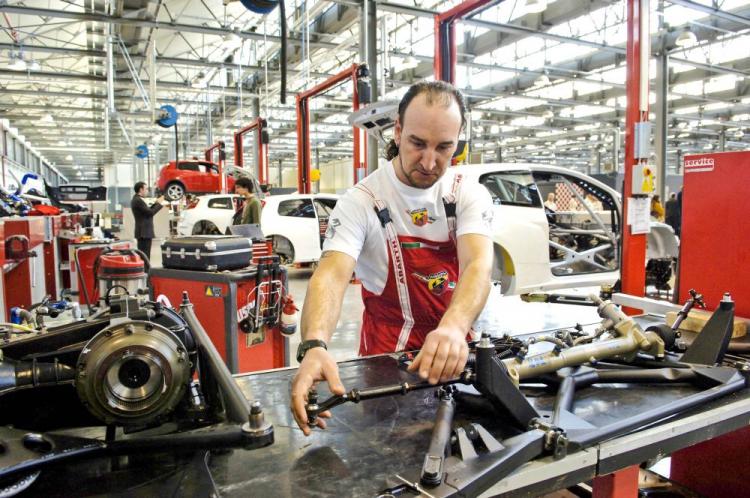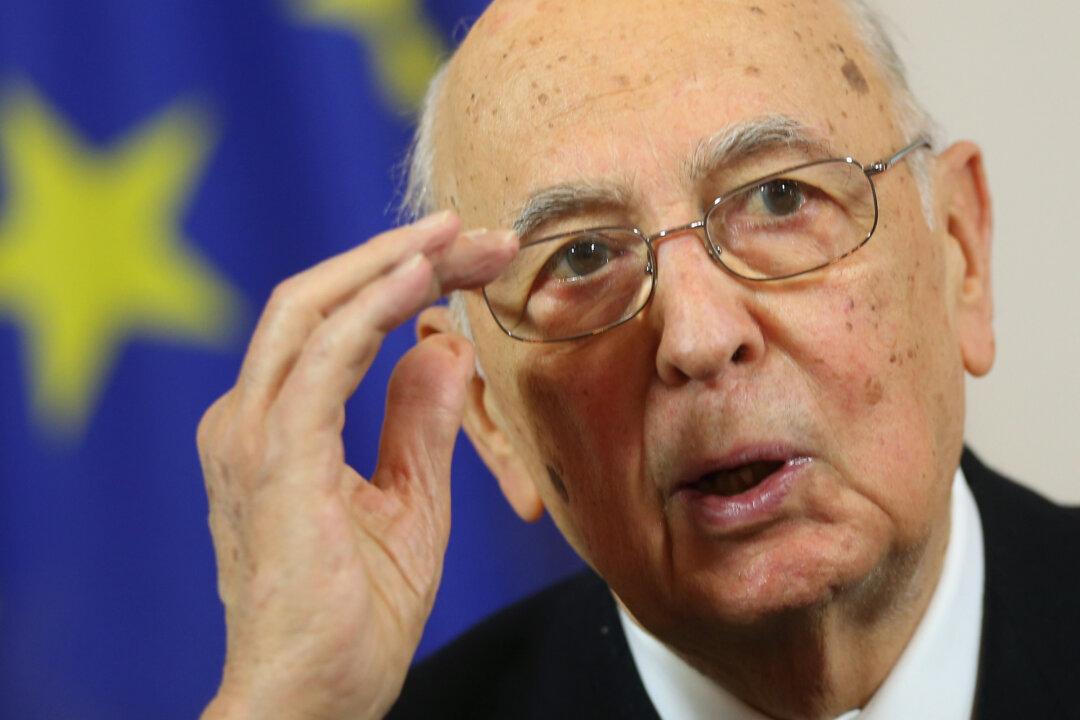ROME—Fiat announced that it will temporarily shut down its automobile manufacturing plants in Italy for a two-week period, from Feb. 22 until March 7 affecting approximately 30,000 employees.
Factories across Italy, including locations in Mirafiori, Melfi, Termini Imerese, Sevel, Cassino, and Pomigliano d'Arco will be affected by the layoffs. The reason given by Fiat management for the furloughs was sagging orders for new cars during the first month of 2010.
Product demand so far in 2010, is well below that for the same period last year, when the market was still in the full throws of the economic crisis, said the company. Fiat reported a loss of $397 million in the last quarter of 2009, compared to a net profit of $228 million for the same period during the pervious year. In 2008, Fiat’s earnings rang in at $2.24 billion.
Several factories in southern Italy, including Termini, Imerese, and Pomigliano d'Arco, are facing protests from worried workers.
At the factory in Termini Imerese (a Sicilian village), workers have occupied the roof of the factory for the last seven nights to protest against the possibility of job losses, and other employees blocked the factory entrance with a truck. Workers’ families have also joined the protest.
Some workers in Pomigliano d'Arco over the last several weeks threatened to set themselves on fire unless they were guaranteed their jobs. The workers there had already been demonstrating for more than a month against the company’s refusal to renew their contracts, which expired on Dec. 31, 2009.
Workers’ despair is high. Many have said they would be willing to be transferred to other locations for a guarantee of returning their jobs.
In recent days, the company revealed the results from 2009 and objectives for 2010. CEO Sergio Marchionne warned that if Western European governments ended “eco-incentives” programs—similar the the defunct U.S. cash for clunkers program in which car buyers were given financial incentives to trade in older cars for more fuel-efficient models—car sales could drop 12 to 16 percent.
Critics of the layoffs say that behind the decision is the company’s real intention to move manufacturing outside of Italy, to take increase profits by taking advantage of cheaper labor.
On Jan. 27, according to ANSA news, the Fiat factory in Termini Imeres city stopped its production line. According to reports, the decision was taken unilaterally, without giving prior notice to unions. Critics also consider this to be a strategic move by Marchionne, hoping to knock on the door of the state to collect new incentives with one hand, while closing factories and reducing its workforce with the other.
Factories across Italy, including locations in Mirafiori, Melfi, Termini Imerese, Sevel, Cassino, and Pomigliano d'Arco will be affected by the layoffs. The reason given by Fiat management for the furloughs was sagging orders for new cars during the first month of 2010.
Product demand so far in 2010, is well below that for the same period last year, when the market was still in the full throws of the economic crisis, said the company. Fiat reported a loss of $397 million in the last quarter of 2009, compared to a net profit of $228 million for the same period during the pervious year. In 2008, Fiat’s earnings rang in at $2.24 billion.
Several factories in southern Italy, including Termini, Imerese, and Pomigliano d'Arco, are facing protests from worried workers.
At the factory in Termini Imerese (a Sicilian village), workers have occupied the roof of the factory for the last seven nights to protest against the possibility of job losses, and other employees blocked the factory entrance with a truck. Workers’ families have also joined the protest.
Some workers in Pomigliano d'Arco over the last several weeks threatened to set themselves on fire unless they were guaranteed their jobs. The workers there had already been demonstrating for more than a month against the company’s refusal to renew their contracts, which expired on Dec. 31, 2009.
Workers’ despair is high. Many have said they would be willing to be transferred to other locations for a guarantee of returning their jobs.
In recent days, the company revealed the results from 2009 and objectives for 2010. CEO Sergio Marchionne warned that if Western European governments ended “eco-incentives” programs—similar the the defunct U.S. cash for clunkers program in which car buyers were given financial incentives to trade in older cars for more fuel-efficient models—car sales could drop 12 to 16 percent.
Critics of the layoffs say that behind the decision is the company’s real intention to move manufacturing outside of Italy, to take increase profits by taking advantage of cheaper labor.
On Jan. 27, according to ANSA news, the Fiat factory in Termini Imeres city stopped its production line. According to reports, the decision was taken unilaterally, without giving prior notice to unions. Critics also consider this to be a strategic move by Marchionne, hoping to knock on the door of the state to collect new incentives with one hand, while closing factories and reducing its workforce with the other.






